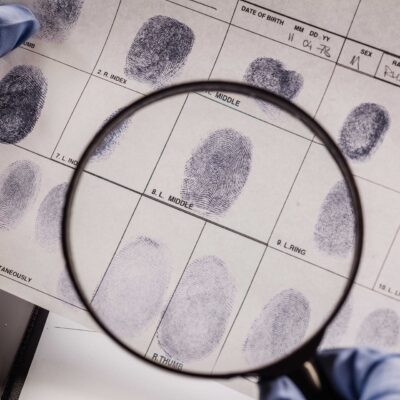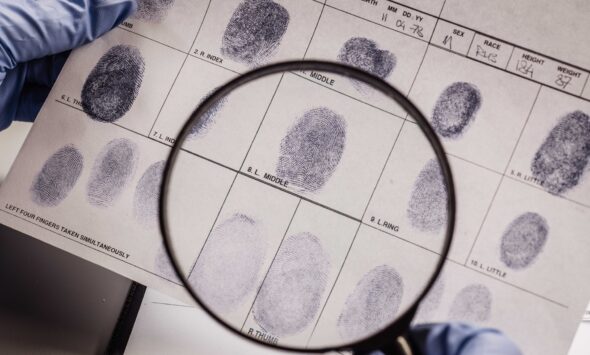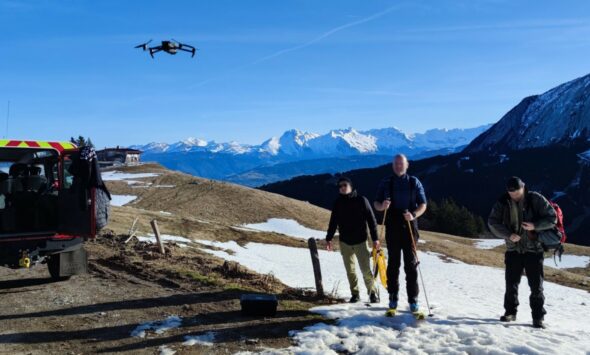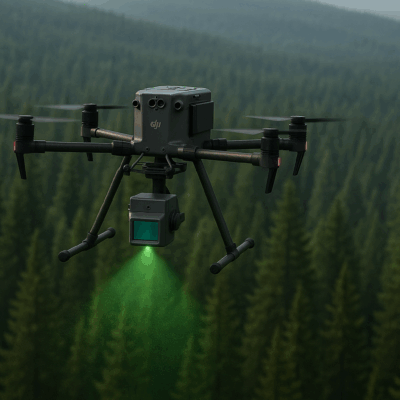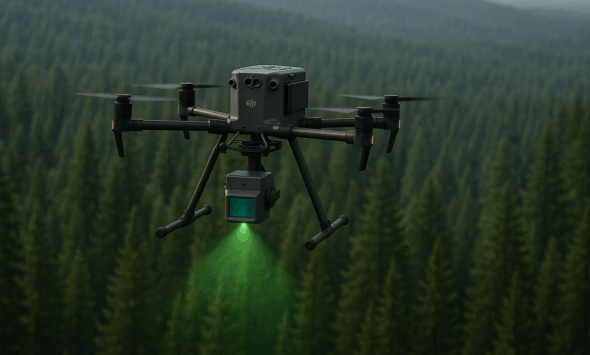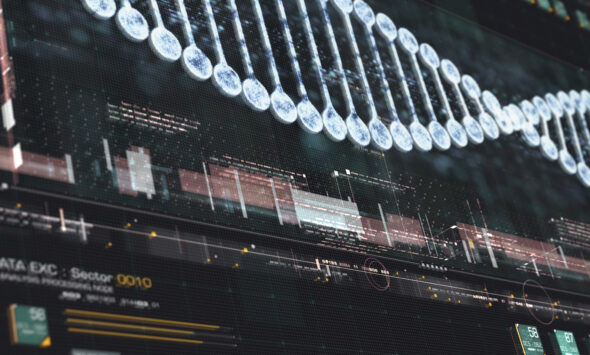What if the police could know in advance where a crime was going to occur? This possibility is becoming real with a new artificial intelligence tool developed by a team of American researchers.
Washington, D.C., 2054: mutant humans foresee crimes and enable the arrest of future perpetrators thanks to their gift of precognition. Such is the premise of Minority Report, released in 2002, a film that constantly oscillates between utopia and the ultimate nightmare of a society under total control.
Chicago, 2022: Ishanu Chattopadhyay and his team of researchers have developed an algorithm capable of predicting, one week in advance, the level of criminal activity likely to emerge in a given area—with an accuracy rate of nearly 90%.
Artificial intelligence, a new prophet?
To achieve this astonishing level of precision, the urban area was first divided into 300-meter-wide grids. The researchers then trained their algorithm on crime data from the city covering the years 2014 to 2016. The system successfully forecasted the level of crime for the following weeks. These results were consistently replicated in the seven other major U.S. cities included in the study.
Given such results, the key question now is how this type of modeling should be used. While it could serve as a preventive tool to ensure the safety of people and property, could it not also become a relentless instrument of social control, particularly by targeting certain populations?
This is the main criticism raised in the United States, where a previous algorithm had already been tested by the Chicago Police Department. Designed to identify individuals most at risk of being involved in a shooting, it produced a list in which 56% of those flagged were African Americans between the ages of 20 and 29—creating, according to some, a genuine risk of racial discrimination.
Focus on places rather than suspects.
For researcher Ishanu Chattopadhyay, however, his algorithm presents a crucial difference: its predictions concern only geographic areas, not potential suspects. Its use could therefore contribute to the implementation of a genuine security policy in certain regions, going far beyond merely assisting police officers on the ground.
The studies conducted by this Chicago-based team further highlighted that arrest rates were higher in wealthier neighborhoods, indicating more intensive police activity. This, in turn, raises the question of whether another form of discrimination might be at play.
Tous droits réservés - © 2026 Forenseek

